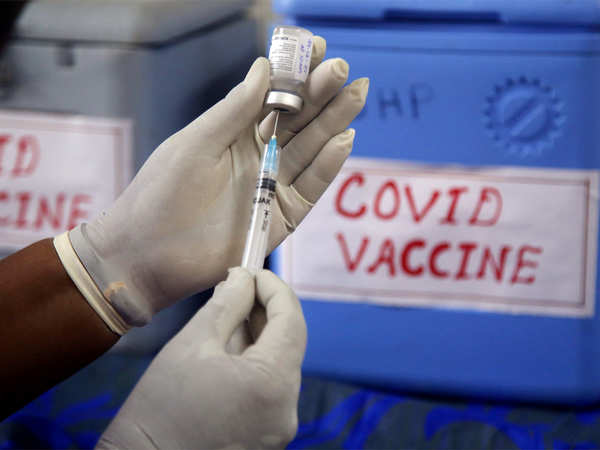COVID-19 Spread
The SARS-CoV-2 virus, which can travel between individuals in a variety of ways. According to current evidence, the virus transmits primarily amongst people who are in close proximity to one another, such as at a conversational distance.
When an infected person coughs, sneezes, speaks, sings, or breathes, the virus can be transmitted in small liquid particles from their mouth or nose. When infected particles in the air are inhaled at close range or come into direct contact with the eyes, nose, or mouth, another person can get the virus.
The virus can also spread in cramped and/or poorly ventilated interior environments, where people tend to spend longer periods of time. This is due to the fact that aerosols can linger in the air or travel beyond than a conversational distance.
It is also possible to contract the illness by touching one’s eyes, nose, or mouth after touching surfaces or objects that have been contaminated by the virus.
Are there certain settings where covid-19 can spread easily?
Yes, any setting where people are in confined spaces for an extensive period increases the potential of transmission. Indoor environments, particularly those with poor ventilation, are riskier than outside settings. Singing or heavily breathing during exercise, for example, cause more particles to be ejected from the lips, increasing the likelihood of transmission. The “Three C’s” are a helpful method to consider this.
- Overcrowding
- Poor ventilation in confined and enclosed places.
- Close-contact situations, particularly when people are very close to each other.
If you have any question regarding, Covid-19 and other variants, need information regarding vaccination, or need assistance, contact your nearby hospitals. Our specialised team of doctors at the Bansal Global Hospital are 24/7 available to help you with your medical concerns. Fix your appointment today and contact us at +919911062832


 MAKE AN APPOINTMENT
MAKE AN APPOINTMENT